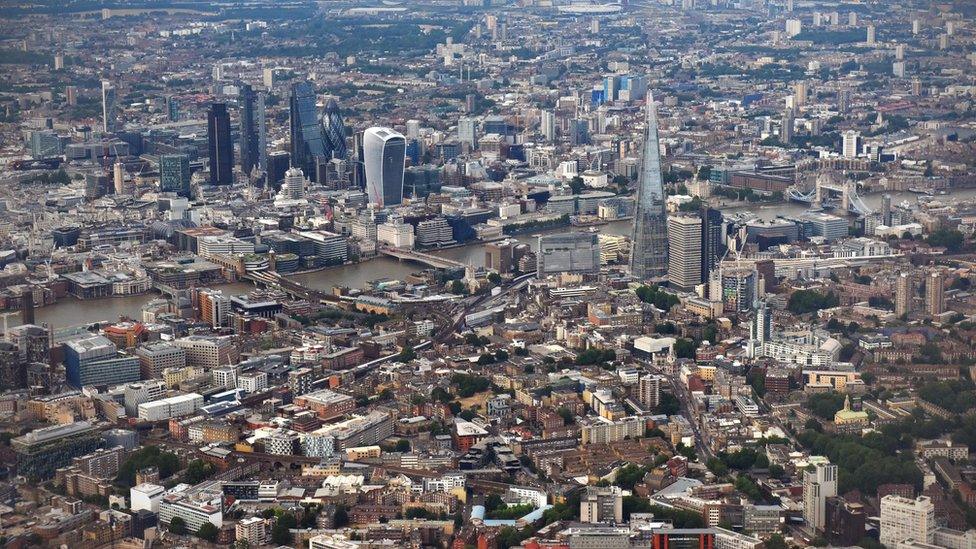No affordable homes started in past two years under new scheme
- Published
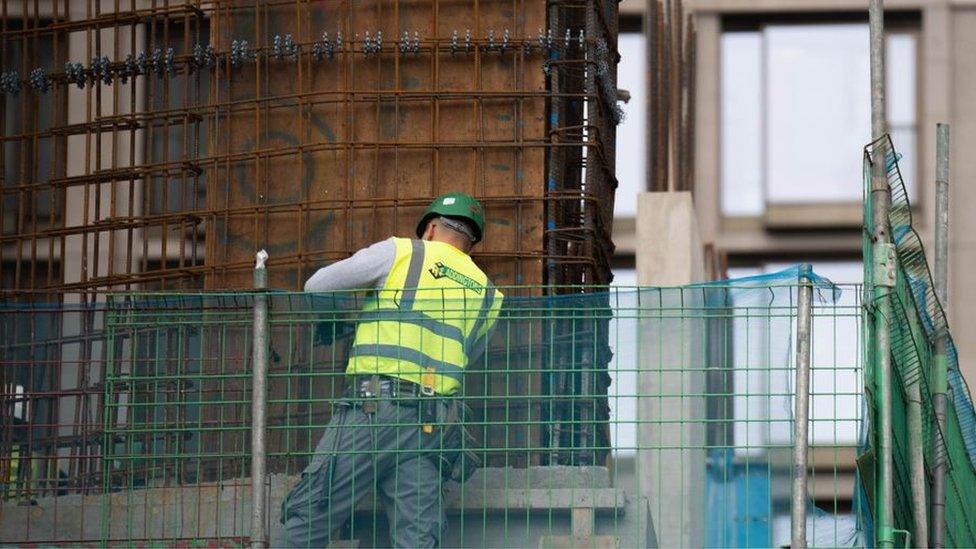
Deputy mayor Tom Copley said the lack of affordable homes was due to "factors which are simply beyond the mayor's control"
No new affordable homes have been started in London over the past two years under the government's latest housing programme.
There's been a delay because of a misunderstanding with City Hall over money combined with poor economic conditions, the London Assembly heard.
A target of 35,000 affordable homes has now been revised down to a minimum of 23,900.
This represents a drop of a third.
The Affordable Homes Programme is the main mechanism used by the government to fund subsidised homes in the capital.
Using money from the previous scheme between 2016 - 2023, City hall funded what it described as a "record" 25,000 affordable home starts last year.
Thursday's hearing was focused on the new programme which will fund affordable homes until 2026.
The head of one of London's biggest housing associations says the capital is now facing the "worst situation" she has seen.
Fiona Fletcher-Smith, chair of the G15 group of major housing associations, said inflation in the construction sector was running at between 25% and 43%.
Her own housing association, L & Q, is currently paying £200m a year in interest payments on £5bn of borrowing.
"We are on our knees in terms of the housing crisis. I have worked in this sector for 35 years and this is the worst I have ever seen it," she said
'Frustrating delays'
London was given £4bn in grants to begin the building of 35,000 affordable homes between 2021 and 2026.
Money was allocated to housing associations in the summer of 2021, but it's taken more than two years to sign contracts and gets plans off the ground.
But deputy mayor Tom Copley told the Assembly's housing committee that no work had started on site so far.
He said this was because of "frustrating delays" in signing contracts with housing associations and developers, resulting from a "pause" ordered by the Department of Levelling Up, Housing and Communities (DLUHC).
The worsening economic climate then led to a revision of plans.
DLUHC had queried why £1.8bn granted under the previous 2016-2023 programme had not been spent.
The National Audit Office (NAO) later found this had been down to a "basic error of programme management" between government and City Hall on when payments to housing providers should be made.
Rising inflation, interest rates, the conflict in Ukraine and extra regulations arising from the Grenfell fire had also created "extremely unfavourable market conditions", Mr Copley said.
"There are many factors which are simply beyond the mayor's control," he said.
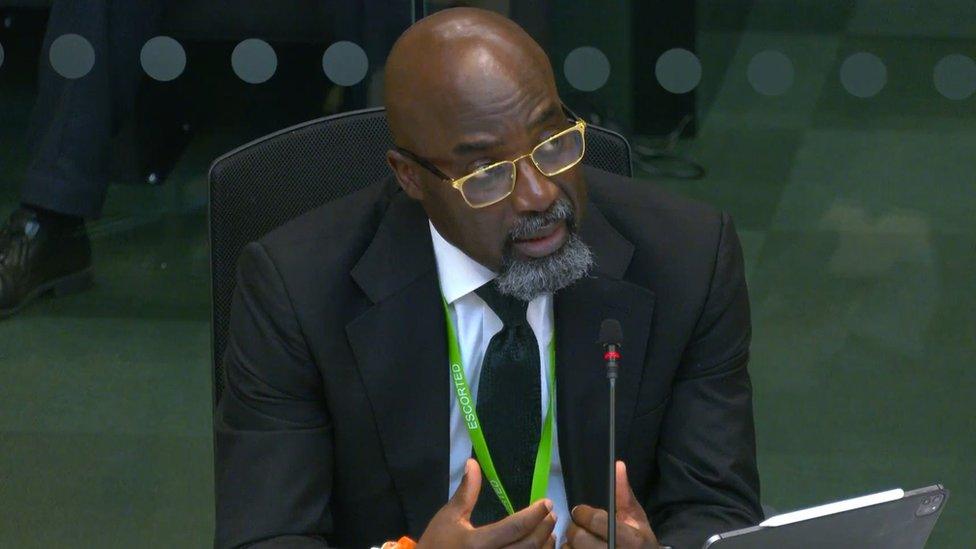
Hakeem Osinaike said boroughs were now housing people in commercial hotels costing £150 a night per household
In July, Mayor Sadiq Khan announced 116,000 affordable homes had been started under the previous programme, including 25,000 begun in 2022-23.
Sian Berry, Green Assembly Member, said last year should have been a "bumper year", potentially using money from the new programme.
"Money under the new programme was allocated back in 2021, and you would have expected to see some work started on site.
"The delay in starts is very likely to have an impact and a delay on when these homes get completed, which was meant to be 2028."
Hakeem Osinaike, Brent Council's director of housing, said one positive outcome from the delay was "breathing space" to revise its targets and see what was "deliverable".
The most pressing issue was the "ridiculous" cost of helping people in temporary accommodation," he said.
"The majority of boroughs are now housing people in commercial hotels costing us £150 a night per household.
"We are paying the highest amount of money for the worst kind of accommodation."
Mr Copley said the new target was a range between 23,900 and 27,100 affordable home starts.
What was built would depend on economic conditions, the amount of social housing and how much was spent on estate regeneration rather than new buildings.
London would need an extra £2.2bn to restore the 35,000 target for new homes, the Assembly was told by Heather Juman, assistant director for housing and land at the GLA.

Listen to the best of BBC Radio London on Sounds and follow BBC London on Facebook, external, X, external and Instagram, external. Send your story ideas to hello.bbclondon@bbc.co.uk, external
Related topics
- Published8 October 2023
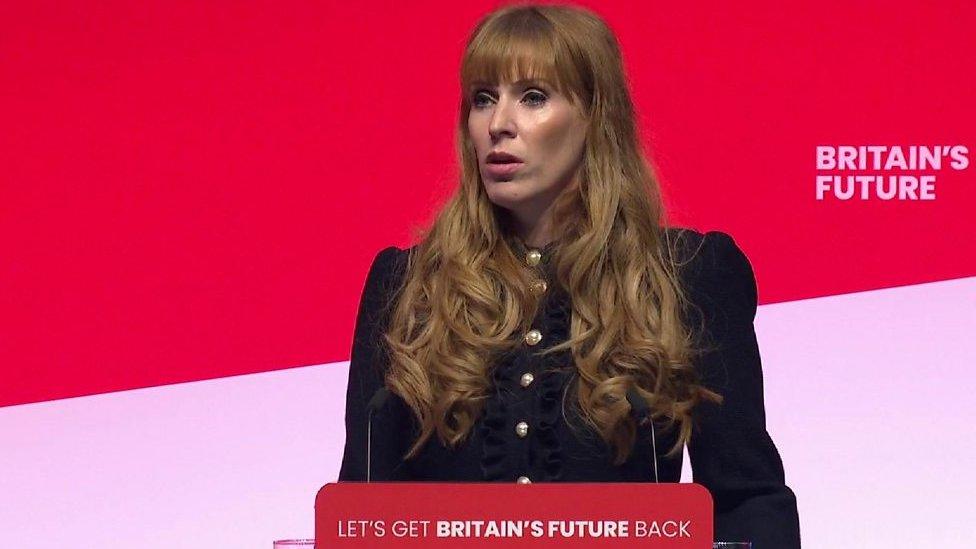
- Published24 September 2023
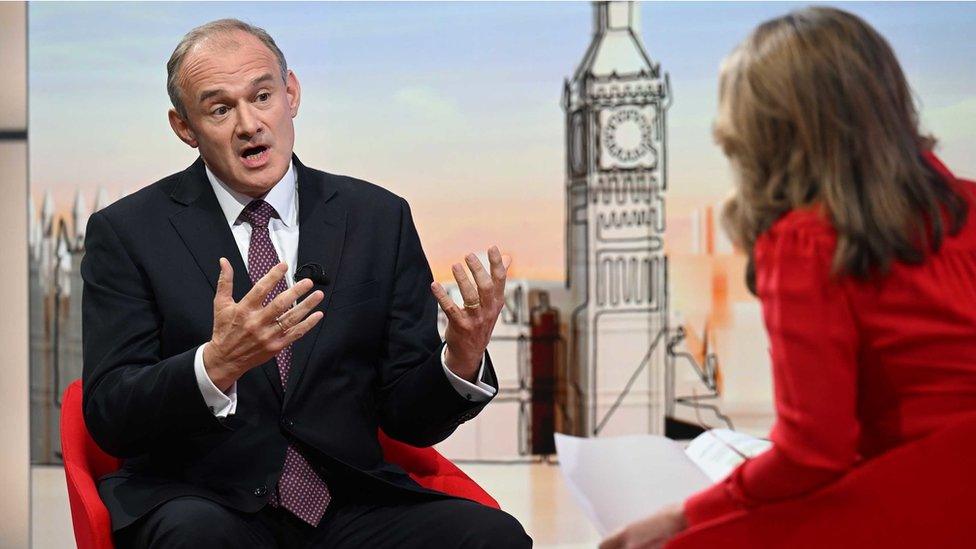
- Published3 August 2023
